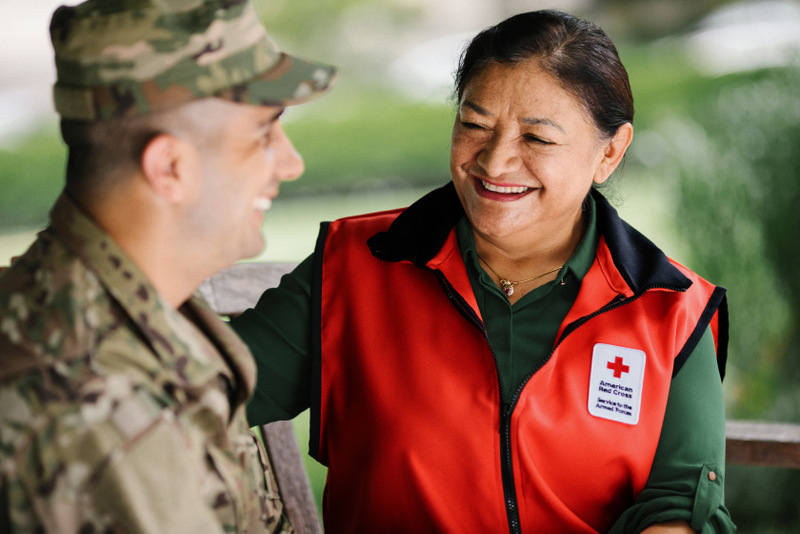Long after returning home to the US, a staggering number of veterans suffer from untreated depression, PTSD, trauma and other mental health conditions, which in some cases, run deep.
A connection is unclear, but some of these veterans also become incarcerated and must learn to cope with these issues behind bars.
The American Red Cross is seeking to help them through a resiliency program that sends trained facilitators into prisons to provide mental health support to incarcerated veterans.
For this episode, we’ll learn how the American Red Cross supports some of the 180,000 incarcerated military veterans in the US today, building new skills for life in — and outside — of prison.
Key Takeaways:
-
Incarcerated veterans are people who need skills but they also need of compassion and humanity. Through resiliency training, the American Red Cross offers both — breaking through to this often ignored and forgotten populous in innovative ways.
-
While the trauma of war leaves lasting scars, the American Red Cross seeks to give incarcerated veterans the tools to live with those scars and to move forward in their lives.
-
By focusing on a veteran’s service and not their incarceration, the Red Cross learns about their humanity. Humanity, along with neutrality, impartiality and independence, is fundamental to the work the Red Cross Red Crescent Movement does around the globe.
More Resources for this Episode:
- Let’s not forget this group when we say ‘thank you for your service’ on Veterans Day (CNN)
- ‘This is Freedom’; Red Cross Resiliency Programs offered in prisons
- Rand Research on Veterans Issues
- Post 9/11 Trends in Medical Separation and Separation for Service Members with Posttraumatic Stress Disorder and Traumatic Brain Injury (Rand Research Brief)
- What are the biggest problems facing veterans returning home from conflict?
- Become a Red Cross Volunteer
- Learn more about how the American Red Cross works with service members, veterans, caregivers and their families
- Download the American Red Cross Hero Care App

